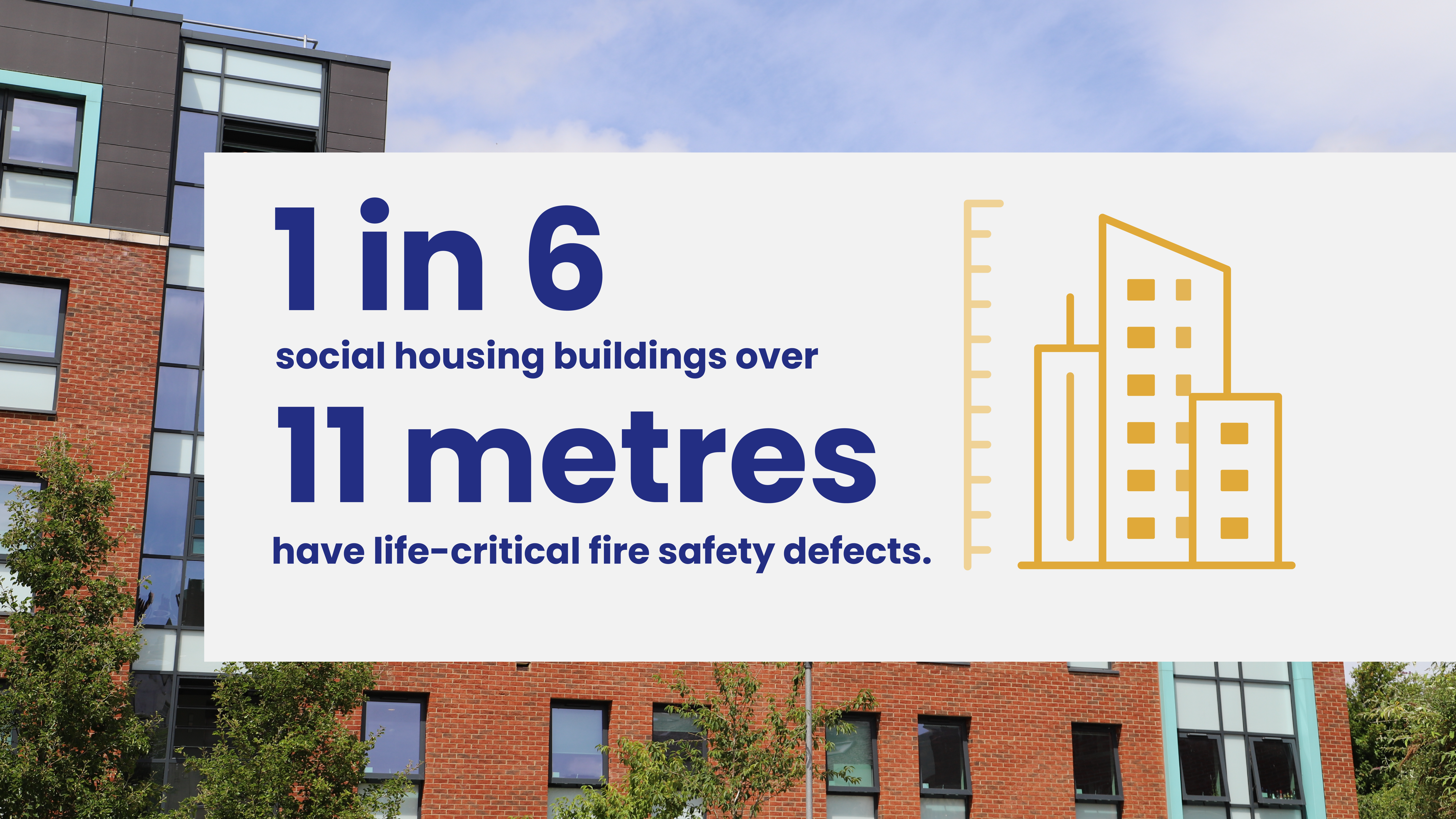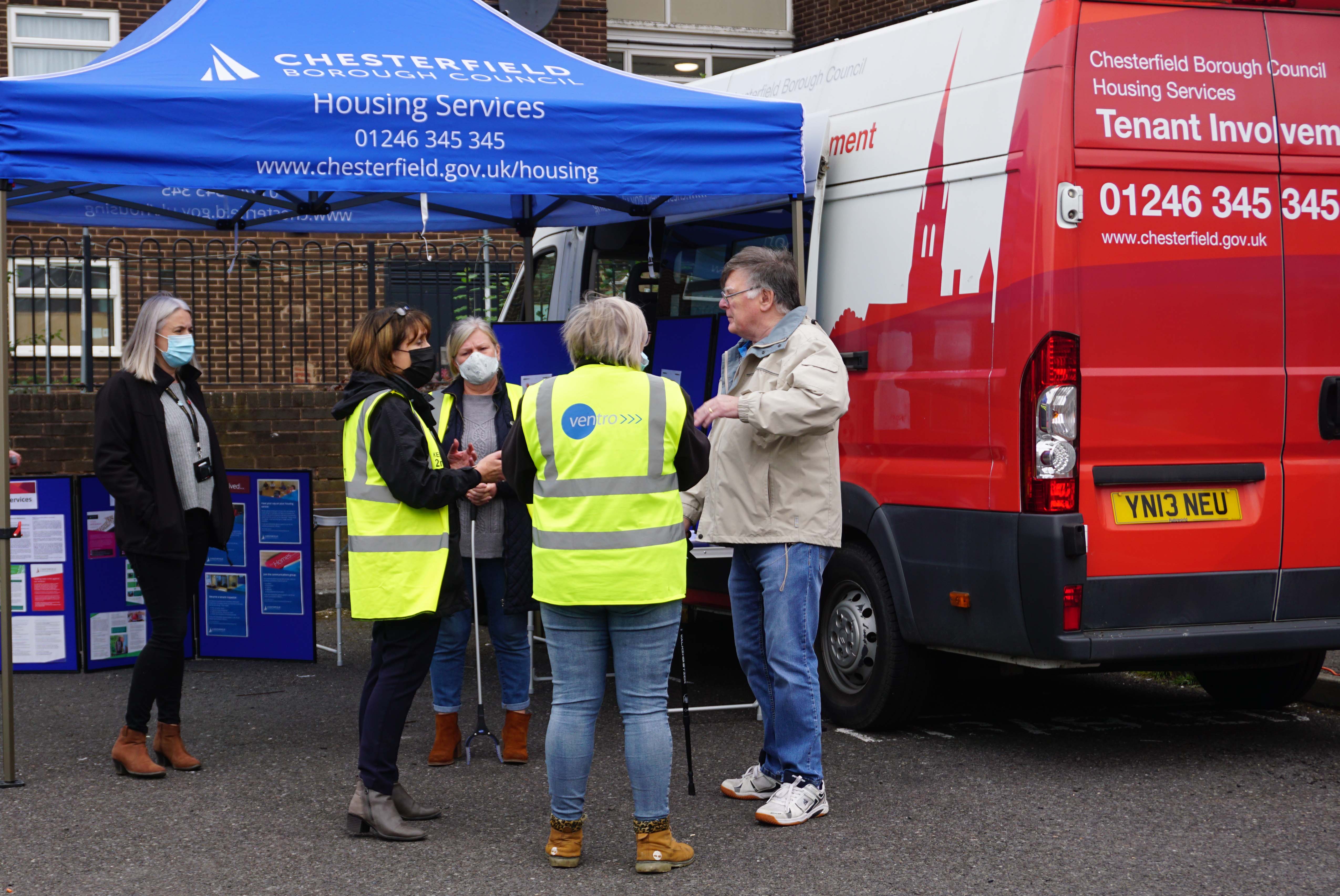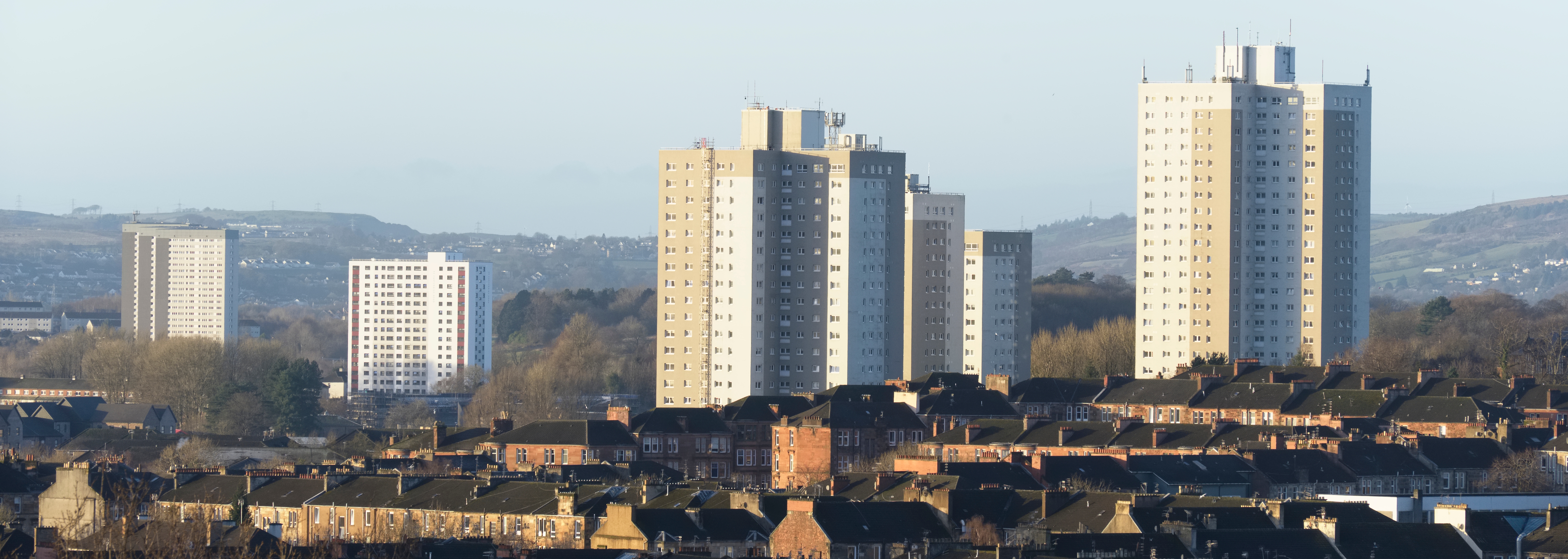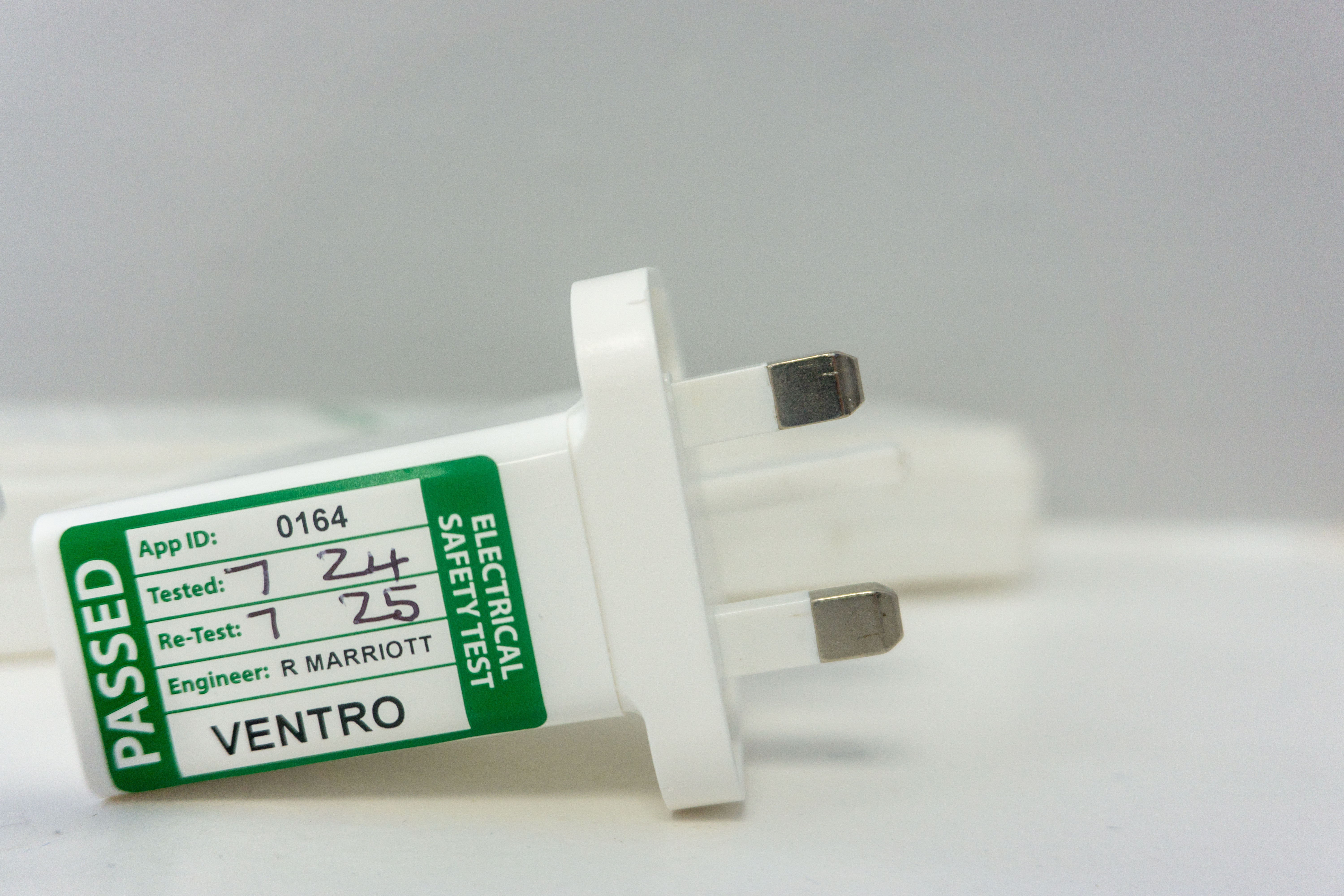Introducing code of practice for remediation of residential buildings
-1.png)
In the wake of the Grenfell Tower tragedy in June 2017, the urgent need for enhancing building safety measures became undeniable. The aftermath revealed a shocking number of buildings with safety issues, prompting the UK government to allocate over £5 billion towards remediating unsafe buildings.
The Need for Change
At the end of July 2023, the Department for Levelling Up, Housing & Communities released a new code of practice for the remediation of residential buildings, firmly placing residents needs and knowledge at the centre of all remediation works. Independent studies have revealed that the process of remediation can negatively affect residents' well-being and daily lives. This realisation prompted the government and industry stakeholders to develop a comprehensive guide, known as the "Code of Practice for the Remediation of Residential Buildings."
Find the full post from the government here
Putting Residents First
The Code of Practice places residents at the heart of all remediation efforts. The goal of these projects is to enhance safety, but it emphasises that the process itself should minimise disruption and inconvenience for residents. By offering better planning and considerate project management, the Code seeks to improve residents' experiences throughout the remediation process.
Every resident should be adequately informed and actively engaged in the process. They should have a clear understanding of the potential impacts on their lives and how these impacts will be assessed and managed. Additionally, residents should be aware of what to expect from those responsible for the project and where to seek assistance for questions or issues.
Summary of requirements
Projects should make sure that:
1.1 - There are clearly defined and recorded roles and responsibilities, including in regards to the Code, for all relevant persons and organisations.
2.1 - Residents receive regular, up-to-date communications, about the project, with meaningful engagement throughout. Those overseeing remediation should clearly set out how and when residents can expect that engagement.
2.2 - Reasonable steps are taken to identify and understand the needs of residents.
2.3 - Residents are given the opportunity to be engaged in making decisions when it is appropriate and possible to do so.
2.4 - Residents are able to meet those with a significant role in the project before it commences.
2.5 - Communication methods are appropriate and consider the identified needs of residents.
2.6 - It is clear to residents how they can ask questions, raise issues and make complaints relating to the project.
3.1 - Residents are appropriately included as part of the design and delivery of the project, including where changes are made during the course of the work. Each project should ensure that appropriate and reasonable steps are taken to identify, assess and manage the impacts of the project on residents.
3.2 - Reasonable steps are taken to reduce the impact of particularly noisy activities.
3.3 - Reasonable steps are taken to avoid reducing natural light and/or ventilation wherever possible. Where reductions are unavoidable, they should be kept as brief as possible.
3.4 - Reasonable steps are taken to reduce the impact of any works requiring access to residents’ homes and common facilities and amenities in the building.
3.5 - Reasonable steps are taken to ensure the safety and security of the building and the residents.
3.6 - Reasonable steps are taken to reduce disruption to the lives of any residents required to leave any portion of the building temporarily during remedial works.
4.1 - Reasonable steps are taken to demonstrate compliance with this Code, so that residents and others can hold contractors and other parties accountable.
Guidelines for Effective Remediation
The newly introduced Code of Practice for the Remediation of Residential Buildings establishes clear expectations for those responsible for managing and executing remediation projects. Although the Code is presented as guidance, adherence to its principles is strongly encouraged. The government is committed to ensuring compliance and taking necessary actions in case of violations.
Looking Ahead
The Code of Practice for the Remediation of Residential Buildings marks a significant step toward safeguarding the well-being of residents. As the implementation of the Code progresses, additional support materials will be published to assist stakeholders in its effective execution. Regular updates will ensure that the Code remains relevant and responsive to emerging developments in the field.
Here at Ventro Group, Resident engagement plays a vital part of #VentroDNA, our core values that are at the heart of all that we do. By following these guidelines, organisations can ensure the safety, comfort, and well-being of residents while working to address building safety concerns.








